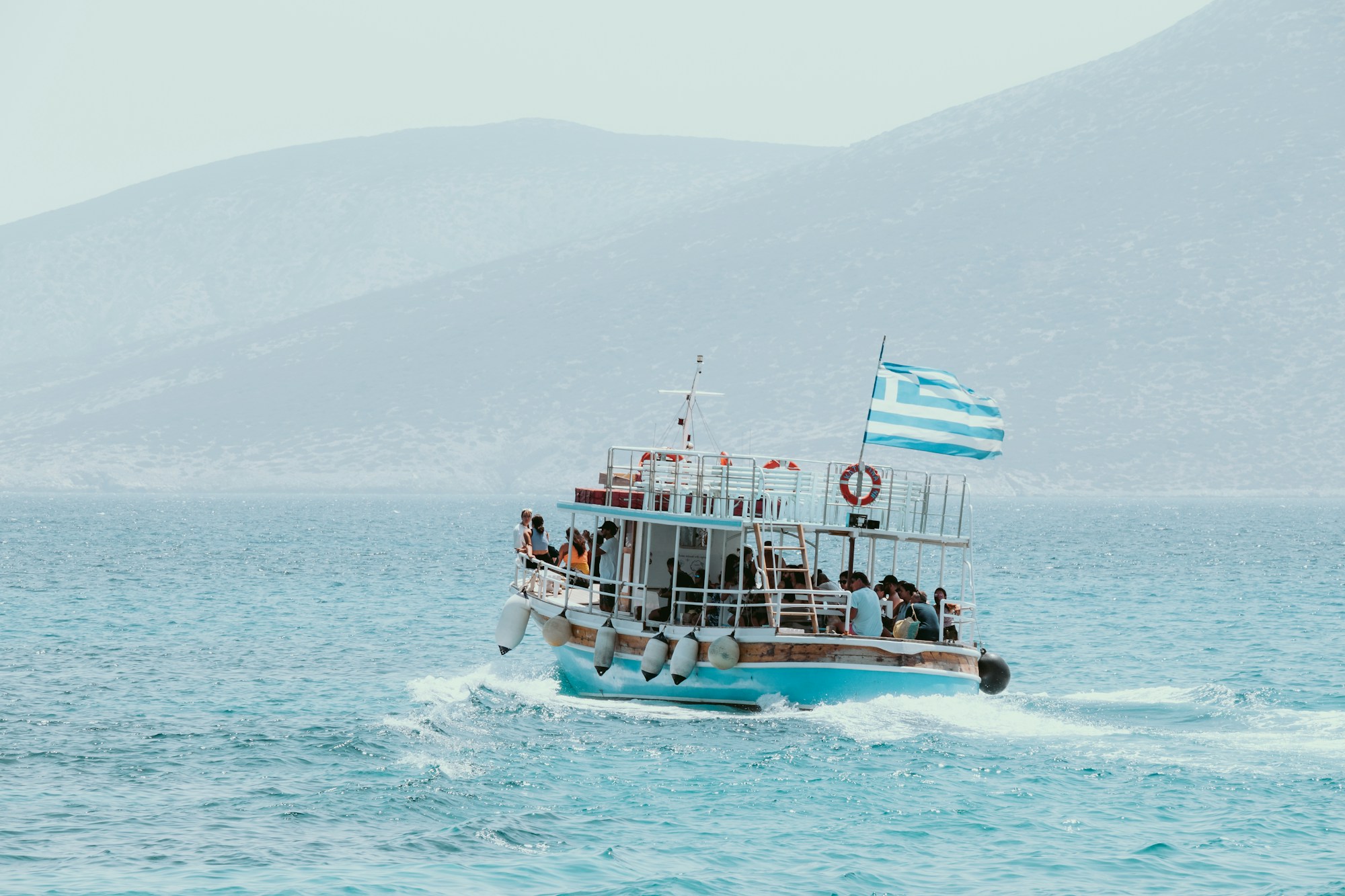Koufonisia Culture and Traditions: History, Customs, Festivals
Discover Koufonisia's rich history, vibrant customs, and lively festivals in this exploration of its unique culture.

Introduction
Welcome to Koufonisia, a small cluster of Greek islands in the Aegean Sea that belongs to the Cyclades group. Koufonisia consists of Ano Koufonisi and Kato Koufonisi, with Ano Koufonisi being the most inhabited and developed. Here, you will discover a unique blend of rich history, vibrant culture, and cherished traditions that have been preserved for generations.
Historical Context
Ancient Times
Koufonisia's history dates back to ancient times when the islands were inhabited by the Pre-Greek Cycladic civilization. Archaeological excavations have revealed evidence of ancient settlements in both Ano and Kato Koufonisi. Pottery, tools, and remnants of old buildings point to a thriving community engaged in fishing and seafaring activities.
Medieval and Modern History
During the Byzantine era, Koufonisia played a role in maritime trade. In the medieval period, the islands came under the control of the Venetians and later the Ottoman Empire. It wasn't until the early 19th century, after the Greek War of Independence, that Koufonisia became part of the modern Greek state.
Customs and Cultural Practices
Traditional Clothing
Traditional clothing in Koufonisia, as in much of the Cyclades, is simple yet elegant. Women often wear white embroidered dresses, while men might be seen in white shirts and dark trousers. Special occasions call for more elaborate attire, such as intricate headscarves and jewelry for women.
Local Cuisine
The local cuisine is a cornerstone of Koufonisia's culture. Traditional dishes include:
- Fresh Seafood: As a fishing community, Koufonisia's seafood is exceptionally fresh. Try grilled octopus and baked fish.
- Matsata: A homemade pasta dish served with meat sauce.
- Fouskes: Cheese-filled pastries for breakfast.
- Xinomizithra: A local cheese with a distinctive tangy flavor.
Don't miss the opportunity to dine at local tavernas and experience Greek hospitality firsthand.
Construction and Architecture
Architecture in Koufonisia is characterized by its whitewashed buildings with blue accents, following the traditional Cycladic style. The narrow streets, charming courtyards, and small houses create a picturesque setting. Some of the most interesting architectural sights are the small chapels scattered across the islands, each with its unique story.
Festivals and Celebrations
Saint George Festival
One of the most significant festivals in Koufonisia is the celebration of Saint George, the patron saint of the island. Held on April 23rd, the festival includes a church service followed by a procession of the saint's icon through the streets. The festivities continue with traditional music, dance, and a communal meal featuring local delicacies.
Panagia Festival
On August 15th, Koufonisia celebrates the Feast of the Assumption of the Virgin Mary, known locally as "Panagia." Locals and visitors gather at Panagia Church in Ano Koufonisi for a religious service. Festivities continue with music, dancing, and feasting that can last well into the night.
Easter Celebrations
Easter is another significant celebration on Koufonisia. The island comes alive with various activities, including the traditional "Lampadiáda" (torch parade) and the "Halkouna" (swinging event). On Easter Sunday, families gather for a festive meal featuring roast lamb and red-dyed eggs.
Local Anecdotes and Interesting Facts
The Legend of the Koufonisia Caves
According to local legend, the caves of Koufonisia were once the hideouts of pirates. It is said that these pirates buried their treasures in these caves, and some islanders still believe that undiscovered treasures lie within.
The Unique Dialect
The locals speak a unique dialect that has influences from both mainland Greek and the other Cycladic islands. This dialect includes words and expressions that you won't find anywhere else in Greece, adding to the island's distinct cultural identity.
Conclusion
Koufonisia is not just a place of stunning natural beauty but also a treasure trove of history, culture, and tradition. Whether you're exploring ancient ruins, participating in lively festivals, or savoring local cuisine, you're sure to find a deep connection with the island and its people.
